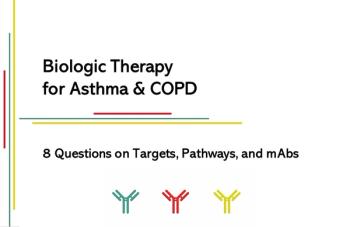
Research into biologic therapy for asthma and COPD has been both successful and frustrating. Find out what you know about the progress with these 8 questions.
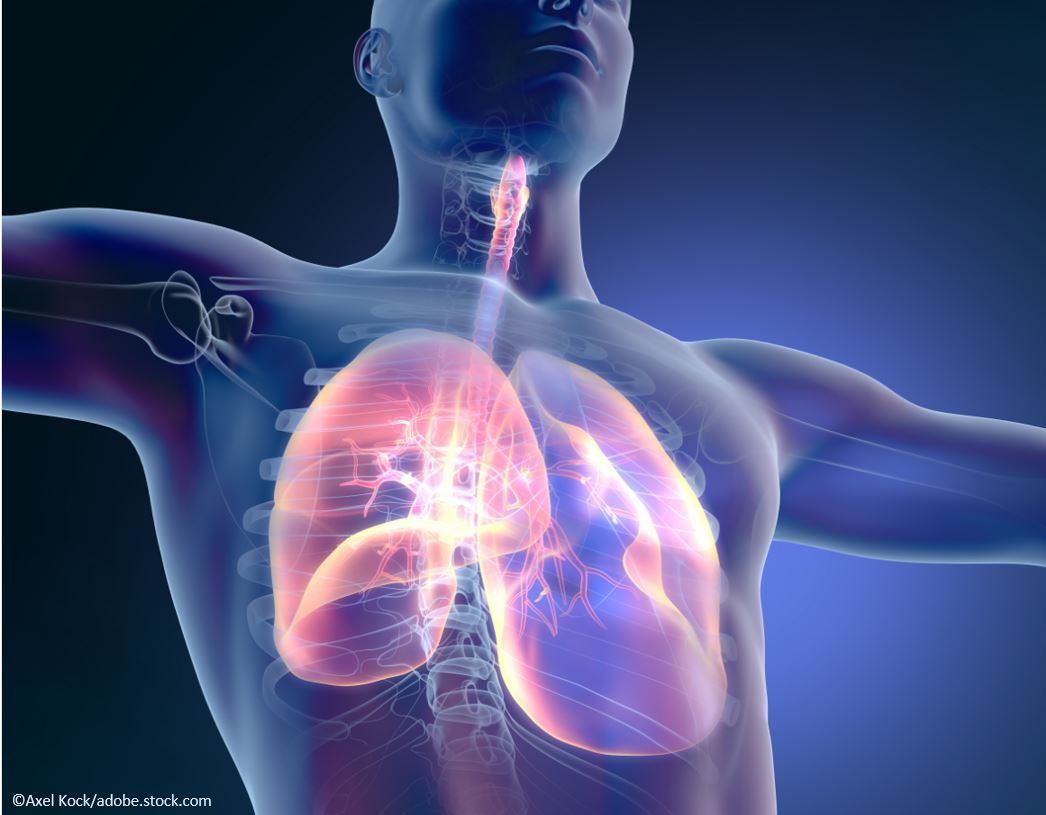

Research into biologic therapy for asthma and COPD has been both successful and frustrating. Find out what you know about the progress with these 8 questions.

How do clinicians who treat asthma rate their own adherence to tenets of evidence-based guidelines? Lead authors on analyses of a national survey respond.

Primary care clinicians provide ~60% of asthma care in the US. The challenge is real and we discussed details with experts Drs Michelle Cloutier and Lara Akinbami.

Using metabolomic profiling from more than 11 000 individuals, researchers identified common pathways linking seemingly unrelated diseases that often co-occur.

Post-hoc analysis of the phase 3 KRONOS study concluded that the benefits in COPD exacerbation seen were not driven by the small subgroup with a prior history of exacerbations.

No biologic agent is approved to treat COPD, but progress is being made. Key developments of the past few years are summarized in this brief slideshow.
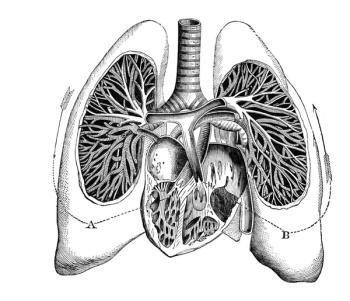
Transplant-free survival was found lower among patients with pulmonary hypertension-COPD than among those with IPAH in a new study published in CHEST.
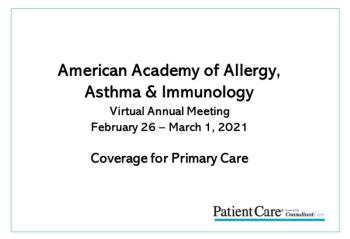
Recent research presented at AAAAI 2021 Virtual Annual Meeting suggests asthma is not an independent risk factor for severe COVID-19 or hospitalization.
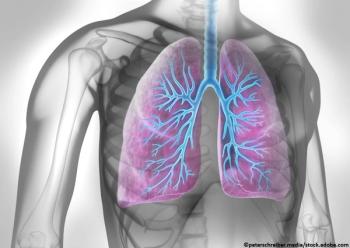
Statistically significant reductions in annual exacerbation rates were seen across baseline eosinophil and exhaled FeNO level and allergy status with telepezumab, in the phase 3 NAVIGATOR trial.

Treatment for severe asthma may be enhanced using an online decision support tool that draws on expert treatment decisions for a wide variety of potential patient scenarios.

AAAAI Virtual Annual Meeting. Severity of underlying airways disease and not prior use of corticosteroids posed a risk of more severe COVID-19, a new study finds.

Patients with COVID-19 who have asthma share a similar risk of hospitalization with patients with the infection who do not have asthma, according to new research.

AAAAI Virtual Annual Meeting. Among patients with asthma, wearing a mask, regardless of type or duration of use, had no significant effect on oxygen saturation.

Get a first look at key 8 studies to be presented at the upcoming AAAAI 2021 virtual meeting starting this Friday, February 26, 2021.

AAAAI Virtual Annual Meeting. Two-thirds of severe asthma patients dependent upon oral corticosteroids stopped or maximally reduced use, according to the trial data.
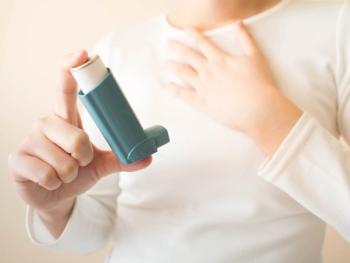
In a new survey of patients with severe asthma, COVID-19-related anxiety was found to be a potential risk factor for clinical worsening of disease and decline in quality of life.

A new survey of patients with asthma who use cannabis finds smoking and vaping preferred routes and that physicians rarely inquire about marijuana use.

Hyaluronan represents a new class of biologic that significantly improves lung health in patients with severe COPD.

The NHLBI recently updated recommendations in 6 key areas of asthma diagnosis, management, and treatment, marking the first update of the guidance in over 10 years.

Most diagnoses of COPD are made in the primary care setting. Try these 6 questions to see what you know about the essentials of the differential diagnosis.
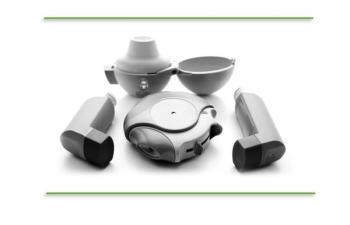
Use ICS monotherapy for this, not that. For asthma COPD overlap, don't use that, use this. Try these 4 questions on GINA and GOLD recommended treatments.

COPD gets an early start, jury still out on nocturnal oxygen, breath test could distinguish COVID-19—scroll through these slides for concise summaries of the latest research findings.

Exacerbations of asthma and COPD have a negative impact on disease process in both conditions. Find out what you know about guideline-recommended mitigation.
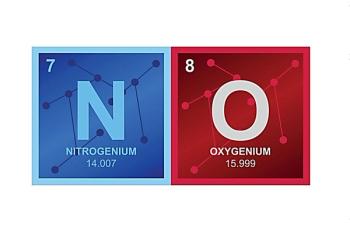
Increasing baseline FeNo levels were associated with reduced exacerbation and greater lung function improvement in dupilumab-vs-placebo-treated patients.
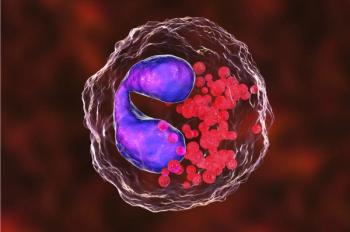
Increased blood eosinophil counts and IgE levels are associated with higher exacerbation rates in patients with severe asthma, according to new research presented at ACAAI 2020.